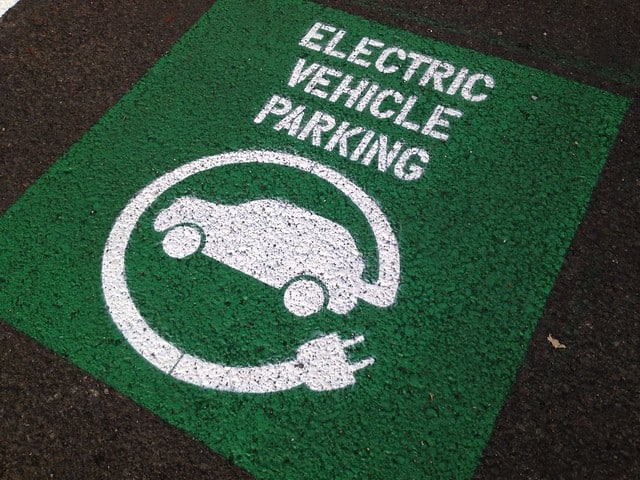Environmental Defense Fund | May 8, 2019
Electric vehicles have become rapidly more available to consumers while their costs have sharply declined, according to a new report – which also projects that those trends will continue and intensify in the future.
The report, Electric Vehicle Market Status, is by energy consulting firm MJ Bradley & Associates and was commissioned by Environmental Defense Fund. It draws on automakers’ own statements and other expert market analyses.
Among the reports findings:
- The actions of governments around the world, major international cities, and U.S. states that have adopted policies to reduce harmful pollution from the transportation sector are a key driver of the rapid market transformation for electric vehicles.
- Innovation and steep declines in the price of battery technology have helped to further accelerate the availability of electric vehicles and reduce their costs.
Other key findings include:
More models of electric vehicles will soon be available to American consumers.
The report details the billions of dollars automakers are investing in developing electric vehicles and concludes that “[b]etween 2019 and 2022, the number of battery electric (BEV) and plug-in hybrid (PHEV) models available to U.S. consumers will increase from 55 to 81. The range of vehicle types available will also increase to include sport utility vehicles (SUV), cross-overs, and pick-up trucks.”
Cost declines have been – and will continue to be – dramatic.
“The cost of battery packs has fallen dramatically, from approximately $1,000/kilowatt-hour (kWh) in 2010 to approximately $176/kWh in 2018. Most analysts project that battery pack prices will continue to fall, reaching $100/kWh around 2025 and $62-72/kWh by 2030. These projections have been endorsed by auto manufacturers.”
Electric Vehicles will soon reach price-parity with gasoline vehicles.
“There is general industry consensus that EVs will reach price parity with ICE vehicles (based on total cost of ownership without considering any tax incentives) when battery pack prices fall below $100/kWh. While some industry experts believe this could happen as early as 2021, most believe it will happen around 2025.”
The report comes as Colorado is considering adopting state Zero Emission Vehicle standards, which would ensure manufactures provide Colorado consumers with zero emitting vehicles to choose from when purchasing a new car or truck. Colorado’s Zero Emission Vehicle standards would help build on the state’s recent landmark legislation to adopt science-based goals to reduce climate pollution.
Moving forward with Zero Emission Vehicle standards will help secure important emission reductions from Colorado’s transportation sector – which will also save Colorado consumers money at the gas pump. Colorado also recently passed legislation extending the state’s Zero Emission Vehicle tax incentives through 2025, which – combined with dramatic battery cost declines and the fact that most Coloradans finance new vehicle purchases – will help to accelerate the cost savings Coloradans experience when buying a new battery electric vehicle.
The state Air Quality Control Commission will decide this Friday whether to schedule a Zero Emission Vehicle rule for formal consideration in mid-August.
